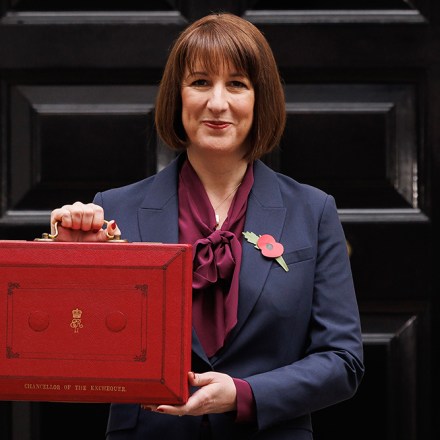Rachel Reeves is taking us back to the 1970s
The first fiscal event to be delivered by a female Chancellor of the Exchequer is a landmark moment, but in every other regard this Budget was a return to the familiar, and failed, approach of Labour governments past. This was the Life on Mars Budget – a journey back to the 1970s, only without the







